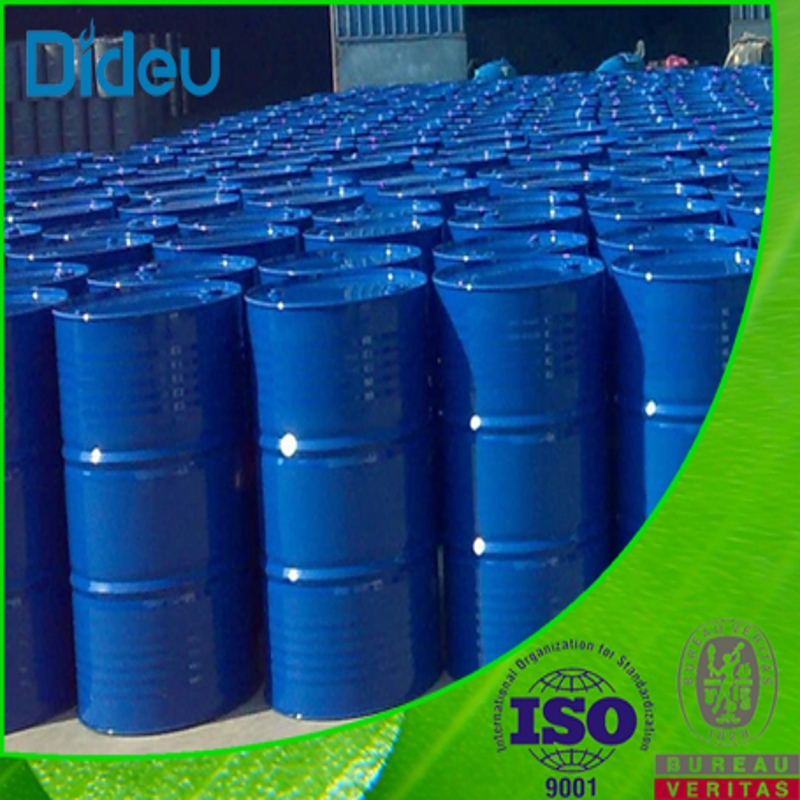-
Categories
-
Pharmaceutical Intermediates
-
Active Pharmaceutical Ingredients
-
Food Additives
- Industrial Coatings
- Agrochemicals
- Dyes and Pigments
- Surfactant
- Flavors and Fragrances
- Chemical Reagents
- Catalyst and Auxiliary
- Natural Products
- Inorganic Chemistry
-
Organic Chemistry
-
Biochemical Engineering
- Analytical Chemistry
-
Cosmetic Ingredient
- Water Treatment Chemical
-
Pharmaceutical Intermediates
Promotion
ECHEMI Mall
Wholesale
Weekly Price
Exhibition
News
-
Trade Service
Due to the peculiarities of the disease and the metabolic side effects of therapeutic drugs, patients with prostate cancer (PC) are susceptible
to metabolic syndrome.
Scientific and effective lifestyle interventions may improve the quality of life and survival of PC patients, delay or prevent disease progression
.
An article published in the journal Prostate Cancer Prostatic Dis explores the potential impact of fasting mock diets (FMDs) on PC patients
.
Obesity is a risk factor
for disease progression and cancer-specific death in PC patients.
Previous animal experiments and Phase II clinical trials have shown that standard therapy combined with FMD is beneficial for weight loss and delaying tumor progression
.
Based on this, the study evaluated whether cyclical FMD is suitable for PC patients and the effect on their metabolic risk factors (NCT04292041
).
A group of PC patients with metabolic syndrome underwent periodic FMD (a diet low in calories, low sugar, low protein, and high in unsaturated fat for 4 consecutive days, after which they returned to a normal diet until the next cycle), and a total of 29 patients completed 3 cycles (i.
e.
, 3 months) of FMD
.
Compare patient weight, abdominal circumference (AC), blood pressure (BP), and laboratory results
at baseline and 3 months after completing FMD.
After FMD intervention, the main metabolic risk factors in PC patients improved
.
The average weight loss of the patient was 3.
79 kg (95% CI −5.
61 ~ −1.
97, p=0.
0002); AC decreased by an average of 4.
57 cm (95% CI −2.
27 to −6.
87, p=0.
0003); Systolic and diastolic blood pressure decreased by 9.
52 mmHg (95% CI −16.
16 to −2.
88, p=0.
0066) and 4.
48 mmHg (95% CI −8.
85 to −0.
43, p=0.
0316),
respectively 。 Subgroup analyses stratified by metabolic risk factors (degree of risk) showed that FMD had a greater effect on high-risk patients than in normal-valued patients, such as patients with baseline systolic blood pressure > 130 mmHg (−16.
04 mmHg, p=0.
0001) than in patients with baseline systolic blood pressure <130 mmHg (−0.
78 mmHg, p=0.
89).
<b12>
Figure 1 Changes in metabolic risk factors in PC patients (compared to baseline)
The results of this pilot study showed that the application of periodic FMD in PC patients had good safety and that overall patient compliance was high (83%)
.
Metabolic risk factors improved, and patients experienced an overall decrease
in body weight, AC, and BP.
Future large-scale clinical trials are needed to further evaluate the effects of FMD on metabolic risk factors, quality of life, and progression-free survival in
PC patients.
References:
Fay-Watt V, O'Connor S, Roshan D, Romeo AC, Longo VD, Sullivan FJ.
The impact of a fasting mimicking diet on the metabolic health of a prospective cohort of patients with prostate cancer: a pilot implementation study.
Prostate Cancer Prostatic Dis.
2022 Mar 21.
Editor: Wang Mumu
Reviewer: LR
Execution: Wang Mumu







